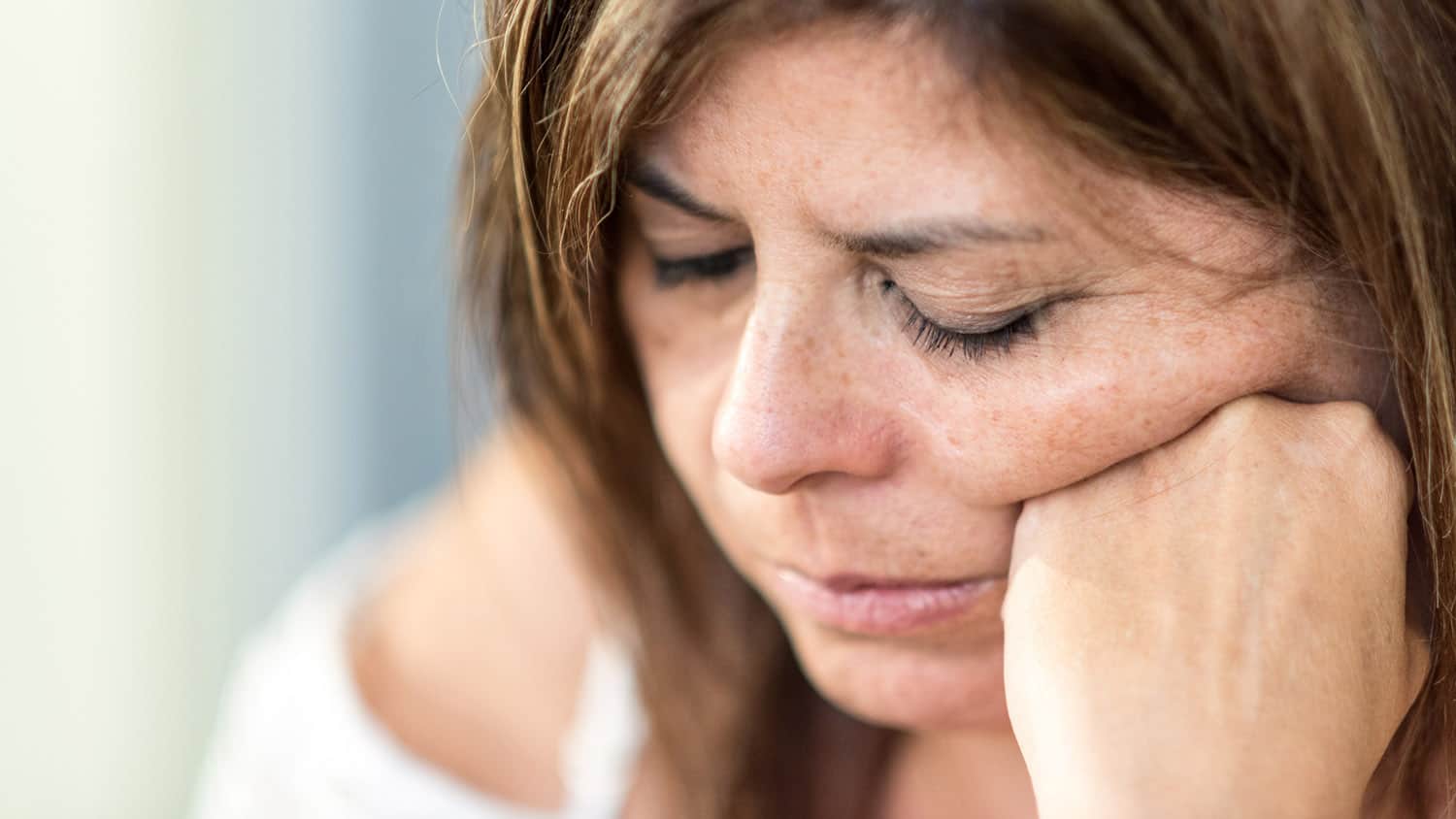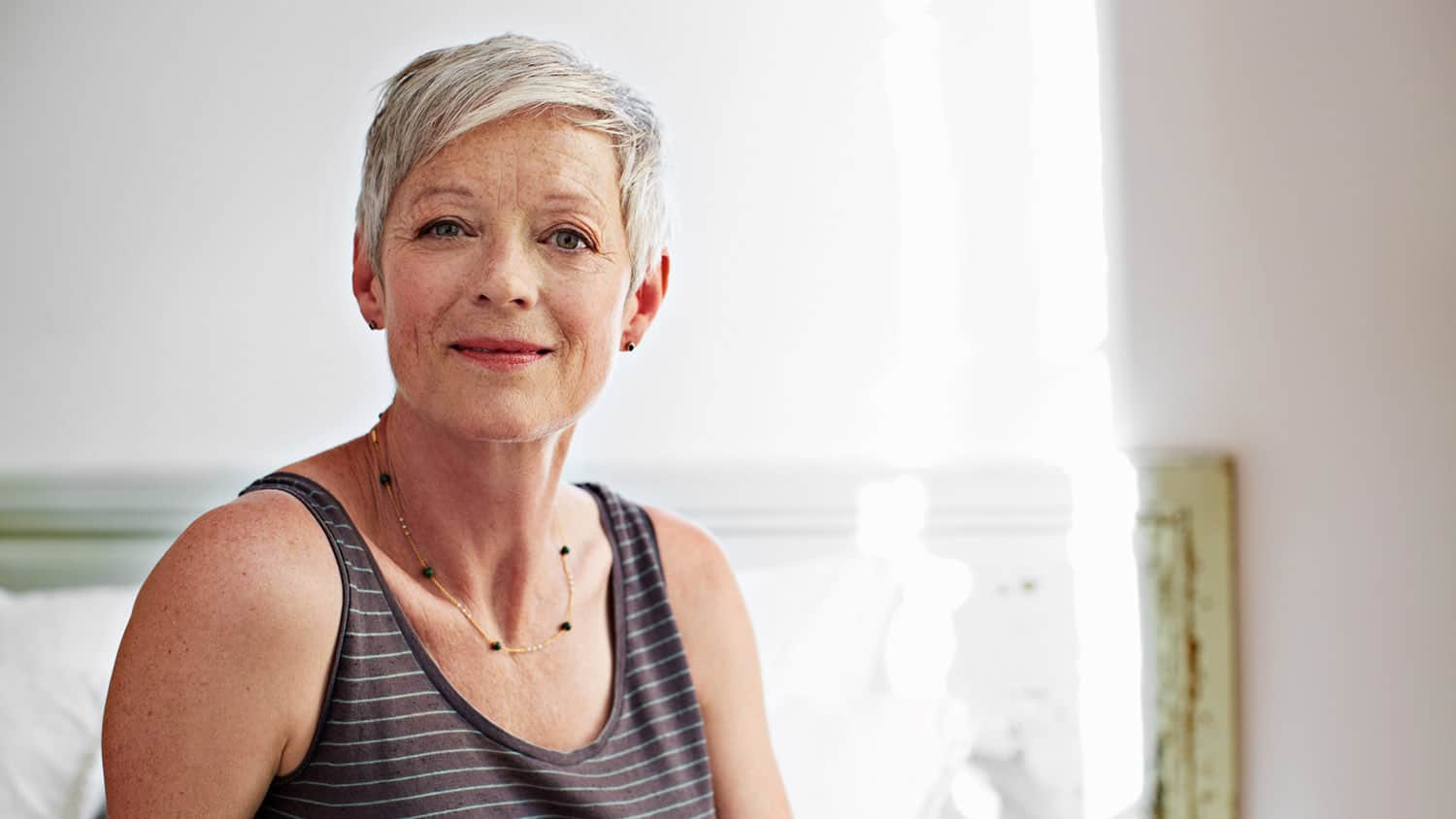
How Do You Fight the Burden of Body Shame Society Places on Older Women?
Imagine this scene: You are at your favorite clothes’ shop with your best friend, trying on dresses. Your friend comes out of the dressing room looking lovely in a colorful dress that suits her bubbly personality.
You exclaim, “I love it! It’s you!” and she replies in a disgusted tone, “Are you kidding? It makes my butt look enormous!”
Sound familiar?
Body Shame and Older Women
Body shame is epidemic for many women. Even after countless attempts to lose weight throughout our lives, many of us are still trying to do it in our later years.
We might reason that we want to “be healthy,” so we try a diet. The great myth though is that diets actually work. In fact, we know for certain that there is a 98% failure rate.
Sometimes we try dieting as an attempt to get back the younger body we’re mourning. Observing the changes that happen to our bodies feels like a loss because our culture tells us that it’s unattractive and undesirable.
Especially if we had received a lot of attention for our looks, our body’s aging can be downright traumatic and feel like a betrayal. The messages are not subtle: Unless you are slender, you have a body that’s wrong and needs to be fixed. And shame is the natural reaction to feeling wrong or bad.
The focus on weight and body in our later years makes perfect sense. Much like adolescence, when eating disorders often develop, there are major transitions, adjustments, and losses in life in our older years.
Parents and friends may be ill and need caretaking. One’s identity is in flux and there are many unknowns. We may feel great loss and emptiness. Chronic dieting is a great distraction from these anxieties.
Diets Offer a Sense of Control and Safety
Diets help us put our lives in a safe container. Instead of allowing ourselves to feel invisible, sad, or jealous, for example, we can focus on the carbs, points, calories, or pounds. We can attend to our FitBit, rather than the scary world around us.
Diets bring all of the ambivalence and discomfort into a realm we can control. They help us feel like we’re a project to be improved upon, and we’re making progress.
Eating less carbs may help us feel powerful, disciplined, and even smug. This sense of control, however illusory, is welcome at a time when everything feels in turmoil.
Our 60s are also a time when many women realize that their partnerships are not what they need or want in this phase of life. The “breakup diet” begins in response to the stress of divorce when we might unintentionally lose weight.
But then we receive praise and compliments like, “You look great! How are you doing it?” That’s hard to resist for anyone. It feels great to have a sense of accomplishment. The desire to maintain that attention is seductive.
We may adopt restrictive eating rules to maintain the new, lower-weight body. If we are looking to begin dating again, we tell ourselves that being thinner is necessary because the competition is rough. We may diet to compete with younger women.
Adopting diet trends, such as gluten-free or low carb, may help us feel relevant in the face of feeling invisible. There’s nothing sexy about eating fresh foods that you like in moderation, and moving for pleasure, not punishment. Yet that is exactly what keeps us sane and balanced with food and exercise.
The Diet Industry’s Purpose
The diet industry’s sole purpose, of course, is to convince us that we’re unlovable in our current bodies. If you’ve absorbed the message that losing weight increases your health, you might be surprised to know that that’s a gross oversimplification.
This is a myth that is rampant, yet scientific research simply does not support it. Check out the book Body Respect by Linda Bacon, and prepare to have all of your beliefs about weight loss and health turned upside down.
Yo-yo dieting is proven to create health problems. Sadly, physicians still prescribe exercising more and eating less, as if it’s that easy. That advice is not sustainable nor based on science. It’s a setup, and we end up feeling like a failure. Our body shame is compounded by what we perceive is a lack of willpower.
Eating Disorders Are on the Rise Among Older Women
It’s important that we ask ourselves who benefits from our body shame. Some argue that dieting is a means of oppressing women. It’s not such a stretch.
The Renfrew Center – the gold standard for eating disorder treatment facilities – reported that in the past decade, there has been a 42% increase in the number of women over the age of 35 who sought treatment at their clinic.
And because eating disorders have the highest rate of mortality than any other mental health diagnosis, this is tragic.
See if you notice when you are body shaming yourself or someone else, and focus instead on how the body serves you. I think you will feel a weight lift off of your mental frame.
When was the last time you had a body shaming experience? How did you react? How did it affect you? Are you currently on a diet? What are the results? Please share your experiences, whatever they may be, in the comments below.






